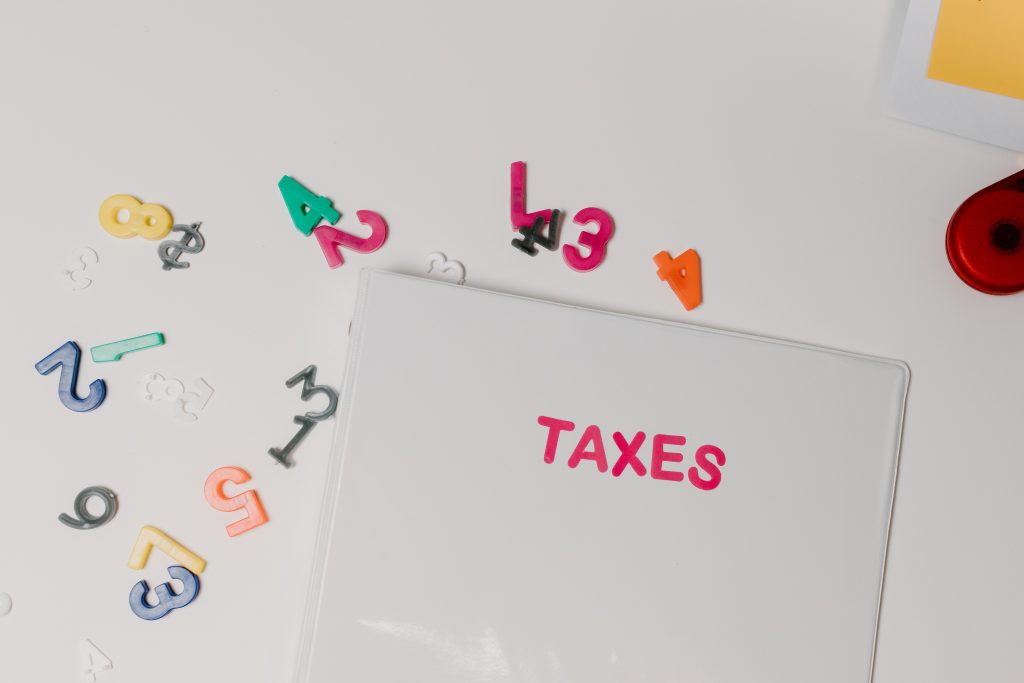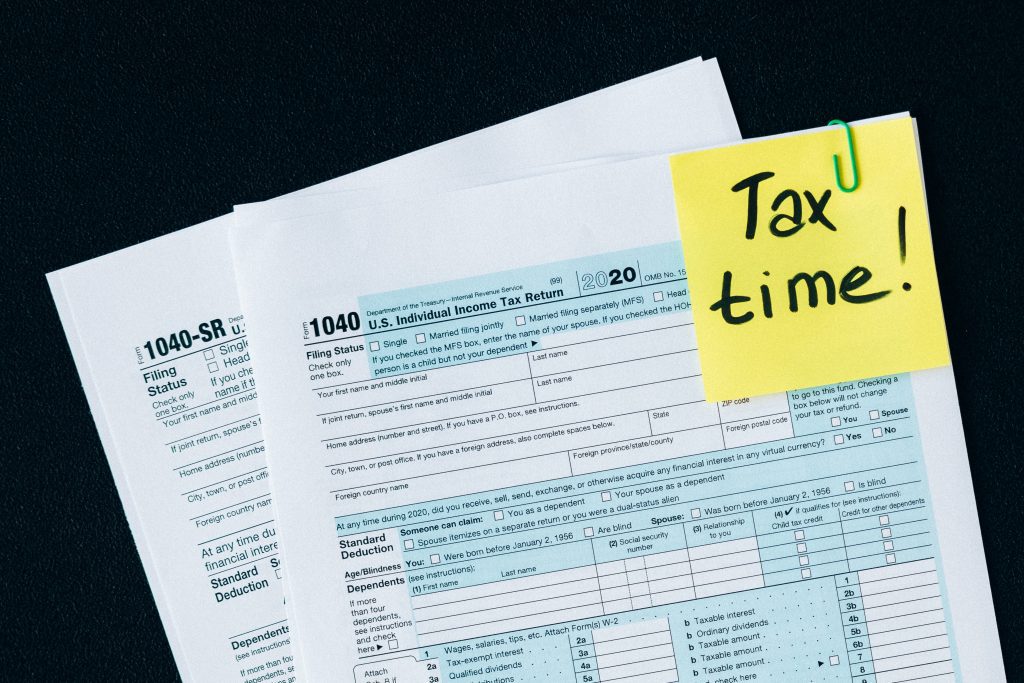With tax season just around the corner, many senior citizens are looking for ways to save on their taxes. While several options are available, one of the most popular methods is to claim a fixed income. This article will explore how to do this and some of the other benefits that come with it.

Understand The Different Types Of Taxes And What You Can Do To Reduce Your Tax Bill
- Federal taxes are imposed by the federal government, including federal income tax, the federal alternative minimum tax, and federal estate taxes. State taxes. These taxes are taxes levied by the government on individuals and businesses. Federal taxes are administered by the Internal Revenue Service (IRS), and state taxes are administered by the state tax authority. Both types of taxes are used to fund government programs and services.
- Income tax is the most common type of tax, and it is levied on individuals and businesses based on their income. Income tax is generally progressive, meaning that those who earn more pay higher taxes.
- Sales tax is another common type of tax, and it is levied on the sale of goods and services. Sales tax is generally regressive, meaning that those who earn less money pay a higher percentage in taxes.
- Property tax is levied on property value, such as real estate or personal belongings. Property tax is generally proportional, meaning everyone pays the same percentage regardless of income.
- Payroll tax is a tax levied on the wages paid to employees by their employers. Payroll tax is generally progressive, meaning that those earning more pay a higher percentage in taxes.
How To Reduce Your Tax Bill
Fortunately, there are some things that you can do to reduce your overall tax bill. One way to do this is to invest in taxable accounts. With a taxable account, you will still owe taxes on any gains you make, but you won’t have to pay taxes on the money you’ve already paid (like with a traditional IRA or 401(k)).
Another way to reduce your taxes is to take advantage of tax-advantaged accounts. These accounts allow you to grow your money without paying taxes on the gains.
Try to itemize your deductions if possible. Itemizing your deductions allows you to deduct a broader range of expenses, which can lead to a lower tax bill.
Finally, consider making charitable donations. Charitable donations are tax-deductible, so they can help to lower your overall tax liability.
While eliminating your tax bill may not be possible, understanding the different types of taxes and how they work can help you reduce the amount you owe each year.
Make Sure You’re Taking All Available Deductions And Credits
One way to keep more of your hard-earned money is to make sure you’re taking all available deductions and credits. This is especially important if you have a fixed income. Many tax benefits are available, but they can be challenging to track. Here are a few things to keep in mind:
- If you’re retired, you may be able to take a deduction for your health insurance premiums.
- If you have investment income, you may be able to exclude some of it from capital gains taxes.
- If you’re self-employed, you may be able to deduct expenses related to your business.
These are just a few examples – there are many other deductions and credits available, so talk to your tax advisor or do some research to ensure you’re taking advantage of everything available. By doing so, you’ll keep more of your money where it belongs – in your pocket!
Consider Using A Professional Tax Preparer
Filing your taxes can be a complex and daunting task, even for those with a simple tax return. If you’re not confident in your ability to do your taxes, or if you want to make sure you’re taking advantage of all the tax breaks and deductions you’re entitled to, consider using a professional tax preparer.
A tax preparer can help maximize your tax efficiency and return by ensuring that you take advantage of all the deductions and credits you’re eligible for. They can also help you to understand your tax liabilities and ensure that you’re paying the correct amount of tax. While there is a cost associated with using a tax preparer, it may be worth it in the long run if it means getting a bigger refund or avoiding penalties and interest charges.
Using a professional tax preparer can save you time and money in the long run. If you’re unsure about doing your own taxes or want to make sure you get the most from your return, consider using a professional tax preparer.

Invest In A Good Software Program
Investing in a suitable software program is one of the best ways to keep track of your finances. This will help you keep track of your tax liability, tax-deferred accounts, and tax-efficient investments throughout the year.
The program will also help you decide when to invest in different accounts to maximize your tax benefits. By using a software program, you can be sure that you are making the most tax-efficient decisions for your financial situation.
Stay Organized And Keep Records Of Everything Related To Your Taxes
One of the most important things you can do regarding your taxes is to stay organized. Keep records of everything related to your taxes, including tax-deductible expenses, tax benefits, and tax-deferred accounts.
This will not only help you stay on top of your tax liability, but it will also help you maximize your tax deductions. In addition, consider investing in tax-efficient investments such as index mutual funds. These investments can help you minimize your tax liability and maximize your benefits.
By staying organized and taking advantage of tax-efficient investments, you can minimize your tax liability and maximize your benefits.
Review Your Situation Regularly And Make Changes As Needed
It’s important to review your financial situation regularly and make necessary changes. You may consider opening a tax-advantaged account, such as an IRA or 401(k). This can help you save on taxes and potentially down the road when you retire.
There are a few key things to remember regarding taxes and retirement accounts.
An individual retirement account (IRA) is a savings plan with tax advantages that individuals can open to investing in for retirement. Your contributions to a traditional IRA or 401(k) are typically tax deductible. Second, the money in your account grows tax-free. And finally, you’ll pay taxes on the money when you withdraw it in retirement at ordinary income rates, which reduces the tax burden. So, a tax-advantaged account may be worth considering if you’re looking for ways to save on taxes.

Conclusion
Even if you don’t have a lot of money each month, there are ways to save on your taxes; by understanding how taxable income and modified adjusted gross income work, you can make sure that you keep more of your hard-earned money. We hope this article has helped clear up any confusion and given you the tools necessary to file your taxes confidently this year. Are there any other tax tips you would like us to cover? Let us know in the comments below!
